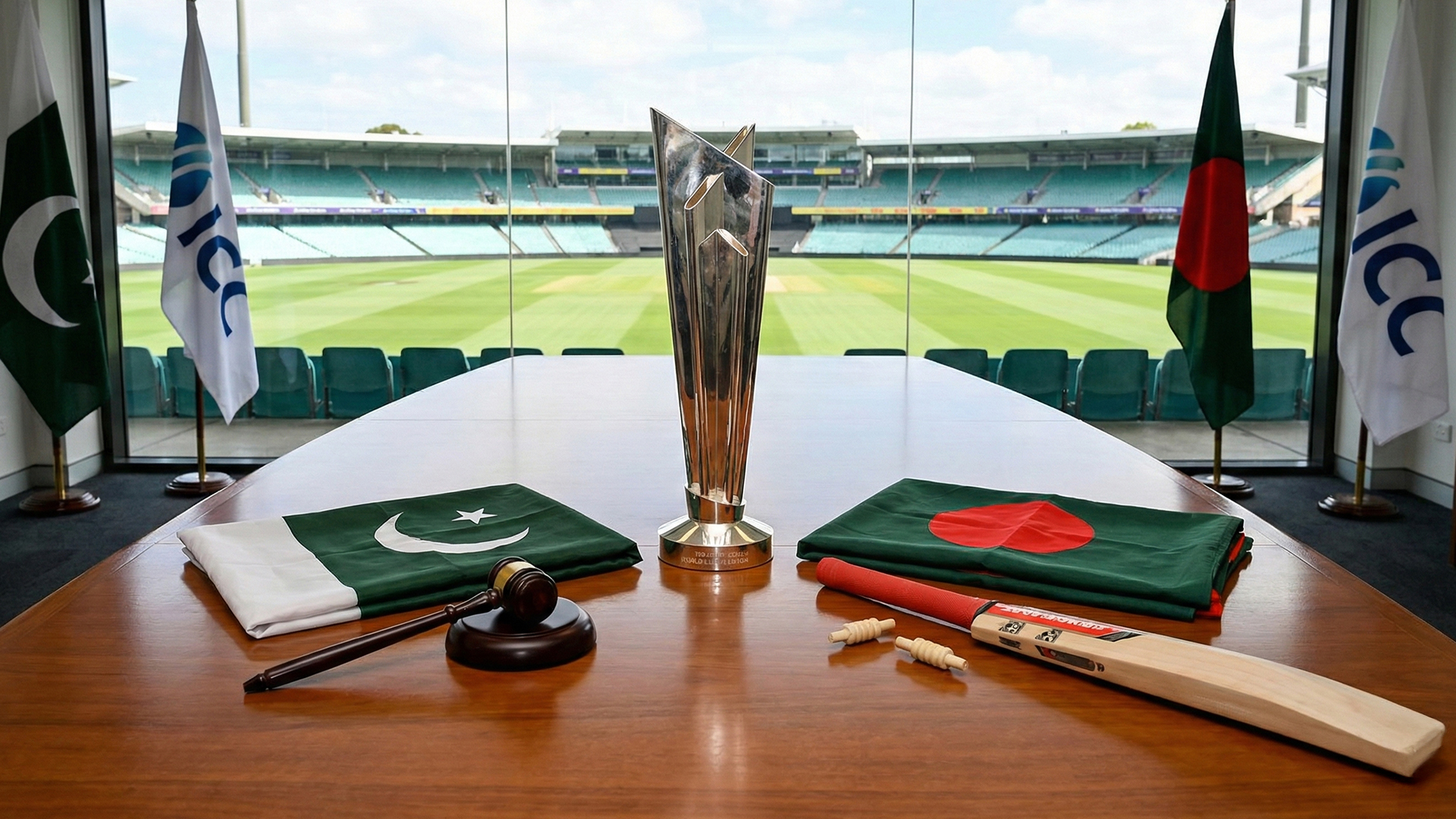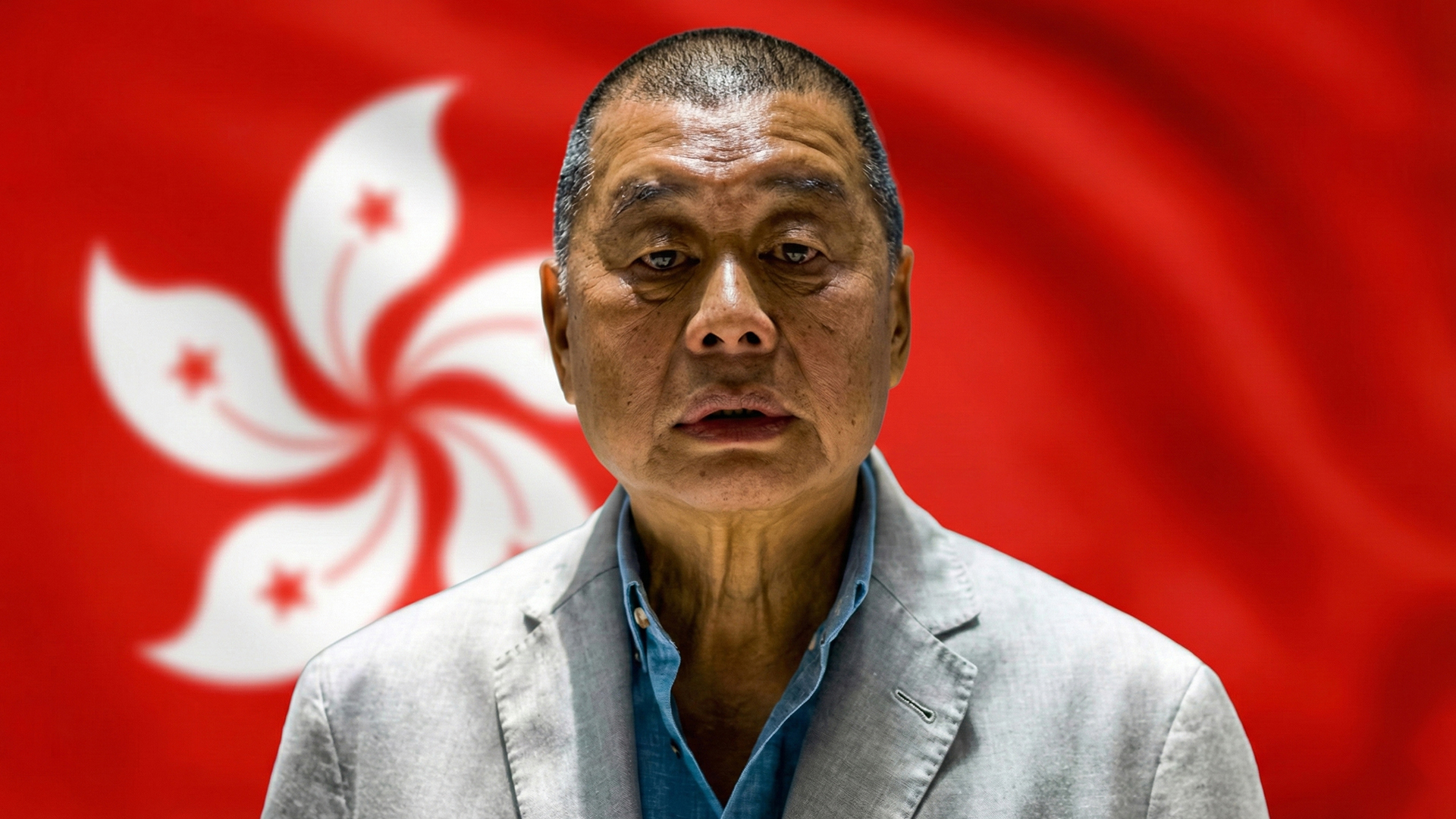By Arun M Nair
Of late, Kerala has been waking up to chillingly familiar headlines: yet another person assaulted inside a police station, yet another family left to fight for justice.
What should shock us has begun to feel like a grim routine. Custodial violence is no longer an aberration; it has become an encore.
This is deeply disturbing for a state that prides itself on high human development indicators and a progressive social fabric.
In theory, the police are the custodians of law and order, entrusted with protecting the rights and dignity of citizens. In practice, far too often, they are the very violators of those rights. Each instance of brutality chips away at public trust and leaves the democratic promise of justice weaker.
Ironically, the Congress-led Opposition has come out with Chief Minister Pinarayi Vijayan’s speech from the floor of the Assembly, recalling the police atrocities he endured during the dark days of the Emergency.
He spoke of the humiliation, pain, and trauma that the state machinery inflicted on political prisoners, including himself.
That acknowledgment should have been an opportunity for introspection—a reminder that unchecked police power corrodes democracy.
Yet, despite this lived memory at the highest level of leadership, Kerala today finds itself confronting the same brutalities, only in different uniforms and times.
The problem goes beyond a few “bad apples.” These repeated assaults suggest something systemic: a culture of impunity that shields errant officers. Departmental inquiries are perfunctory, suspensions temporary, and accountability rare. For the victims, meanwhile, the scars—physical and psychological—are permanent.
Government assurances of “zero tolerance” ring hollow when incidents keep surfacing with depressing regularity. Installing CCTV cameras in police stations, fast-tracking custodial violence cases, and mandatory human rights training for officers are not radical demands—they are basic necessities.
Kerala is entering a dangerous zone where brutality risks being normalised. If the state fails to act decisively, every new case will only confirm what people are already beginning to suspect—that police stations are places of fear, not safety.
A society that tolerates custodial violence, even passively, erodes its own moral core. For Kerala, the choice is stark: either confront this rot head-on with transparency, accountability, and reform, or watch the encore of brutality play on, louder each time, until silence becomes complicity.
Also Read: Donald Trump Files $15 Billion Defamation Lawsuit Against The New York Times






